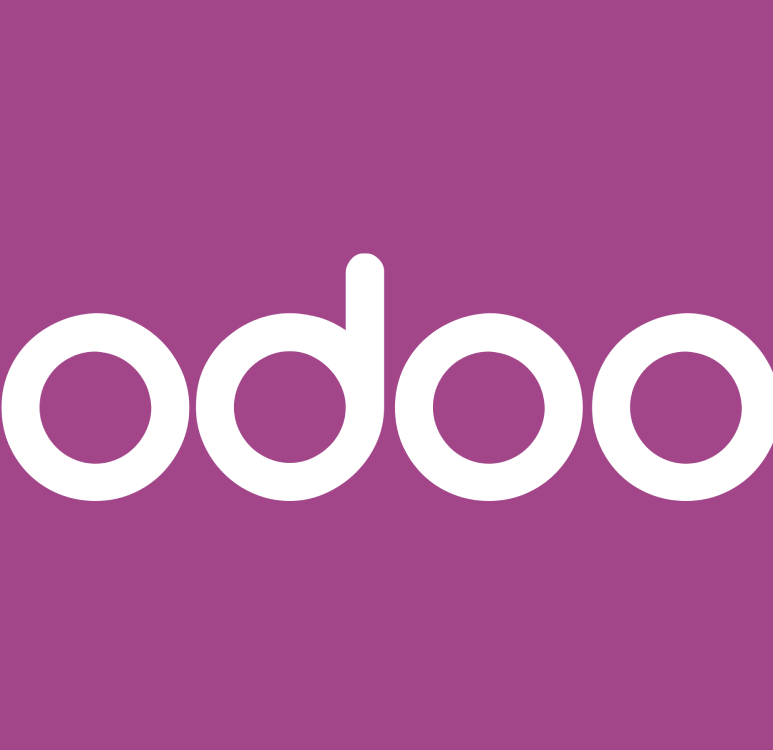No, ERPs Aren’t Just for Large Enterprises
Yes, Your Small Business Can Benefit from the Right ERP Solution
by Tara Lookabaugh
This page may contain affiliate links. Our assessments are grounded solely in the product’s merits and performance.
In the vast expanse of business tools and technology, Enterprise Resource Planning (ERP) systems have often been viewed as the behemoths best suited for the giants of the corporate world. Let’s debunk that myth and explore how an ERP can be a game-changer for small businesses, focusing on cost savings, operational efficiency, and scalability.
Cost Savings: A Closer Look at the ROI of ERP for Small Businesses
At first glance, implementing an ERP system may seem like a substantial financial undertaking for a small business. However, diving deeper into the functionalities and long-term benefits of ERPs reveals a different story—a narrative of significant cost savings and enhanced financial health.
Let’s price out the potential costs of buying individual systems for a few of the functionalities of a typical ERP:
Comparison Table
| Business Function | ERP Functionality | Individual System Cost |
|---|---|---|
|
Financial Management |
General ledger, accounts payable/receivable, tax management, financial reporting |
$300 – $500/year |
|
Inventory Management |
Real-time inventory tracking, order management, demand forecasting, replenishment |
$50 – $200/month |
|
Supply Chain Management |
Supplier management, purchase order management, logistics, supply chain planning |
Starting from $100/month |
|
Customer Relationship Management (CRM) |
Sales force automation, customer service support, marketing automation, customer data analytics |
$12 – $300/user/month (Avg. $50/user/month) |
|
Human Resources Management (HRM) |
Employee records, payroll management, benefits administration, performance evaluation |
$5 – $30/employee/month |
| Project Management |
Project planning, resource allocation, time tracking, project costing |
$10 – $99/user/month |
|
E-commerce Integration |
Integrates online sales channels with inventory, order management, and customer data |
$30 – $300/month |
|
Manufacturing |
Production scheduling, BOM management, shop floor control, quality management |
Starting from $100/month |
Even at the lower end of the price range, small businesses could be looking at upwards of $600 to $1000 per month to manage their operations across multiple standalone platforms.
Looking beyond the brass tax benefits of an ERP package, the task automation across departments like finance, HR, and sales, is enough of a sell. Automation not only cuts the need for extra staff but enables the team to concentrate on strategic and revenue generating efforts, saving small businesses time and effort on mundane, manual work.
By enabling small businesses to make the most of their lean teams, ERP automation not only saves money, but is the first step towards operational efficiency.
Operational Efficiency: Streamlining Your Path to Market
In the competitive arena where small businesses operate, speed and agility are invaluable. ERPs play a pivotal role in enhancing operational efficiency, enabling small businesses to swiftly respond to market opportunities and challenges.
Small businesses, more often than not, operate in data-rich environments but lack the tools to harness this data for strategic advantage. ERP systems come equipped with data analytics and reporting tools that turn data into actionable insights, without someone on the team (that’s already wearing a multitude of hats) having to suddenly become an expert in a new area.
Speaking of experts, because startups are often thrown into a race to market, hiring for specialty roles in areas like regulatory compliance or supply chain management aren’t typically top-of-mind. ERPs come with built-in compliance management features that help businesses stay on top of regulatory changes and ensure compliance without the need for additional staff or resources.
These are crucial components for scale. A business that fails to comply with regulations in the early days can consider themselves DOA when it comes to later securing fundraising and partnerships.
Scalability: Preparing for Tomorrow, Today
One of the most compelling arguments for small businesses to adopt an ERP system is its inherent scalability. As businesses grow, their processes, operations, and challenges become more complex. An ERP system is designed to future-proof your business, ensuring early process standardization and automation, while quickly adapting to new requirements.
ERPs provide small businesses with a clear roadmap for growth and typically come with a marketplace of modules that users can add and remove as their business needs evolve. This flexibility means that you don’t need to overhaul your systems with every growth phase—your ERP grows with you, maintaining efficiency. Moreover, ERPs facilitate easier entry into new markets or product lines by integrating new processes and data into the existing system, ensuring a unified operation that supports expansion.
In conclusion, by offering significant cost savings, enhancing operational efficiency, and providing scalable solutions that grow with the business, ERPs stand out as potential game-changers for SMBs. With the right ERP solution, small businesses can not only streamline their operations but also set a solid foundation for sustained growth and success.
Top ERPs for Small Businesses and Startups

Striven
![]()
![]()
![]()
![]()
Striven is best for mid-size or growth-stage businesses requiring operational support that is unique to their industry.

Odoo
![]()
![]()
![]()
![]()
Odoo is a great option for teams that are willing to invest time and money into creating a custom and scalable solution for their business.

